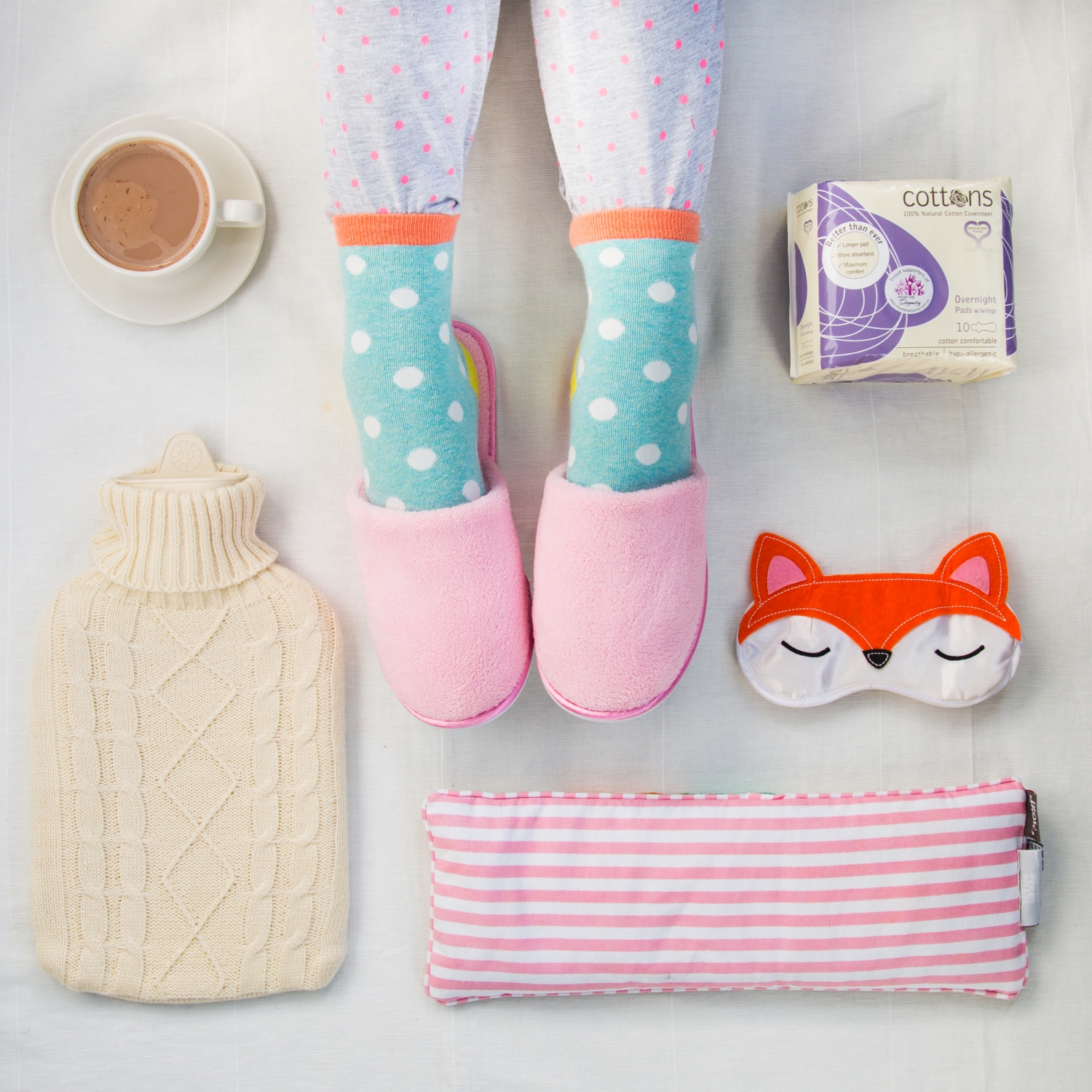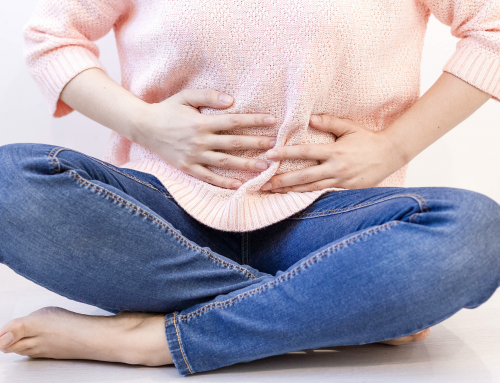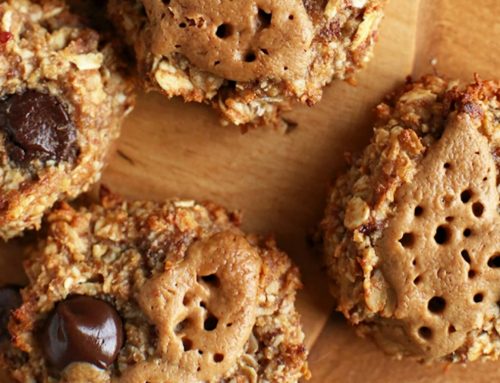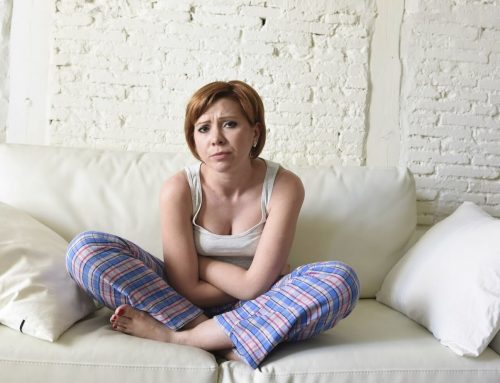[vc_row row_height_percent=”0″ override_padding=”yes” h_padding=”0″ top_padding=”3″ bottom_padding=”2″ overlay_alpha=”50″ gutter_size=”3″ shift_y=”0″][vc_column width=”1/1″][vc_column_text]
When it’s that time of the month it seems that all around us we are being told to embrace everything about our periods and what it means to be a woman. But you know what? While periods are natural (and yes we are the first to tell you to embrace all things natural, Cottons included), there are some aspects of them that can absolutely F right off. We are talking to you PMS symptoms.
[/vc_column_text][/vc_column][/vc_row][vc_row row_height_percent=”0″ override_padding=”yes” h_padding=”0″ top_padding=”2″ bottom_padding=”2″ overlay_alpha=”50″ gutter_size=”3″ shift_y=”0″][vc_column width=”1/1″][vc_column_text]PMS, or pre-menstrual syndrome, refers to super common emotional and physical symptoms that occur in women in the couple of weeks leading up to their periods. It is thought that most menstruating women have PMS symptoms, ranging from relatively mild (in 75 per cent of women) to severe (in 20 to 30 per cent of women). So while you’re not by any means alone in experiencing these annoying AF changes to your body on a monthly basis, experts still have no conclusive idea as to what causes it!
Some PMS symptoms include your breasts hurting, headaches, bloating or fluid retention, sleep changes and sore muscles or joints.
For most of us PMS symptoms are pretty minor. But for others PMS symptoms can be so severe that it ends up interrupting their day-to-day activities. If you fall into the latter category and your period is becoming especially severe or suddenly irregular, do not hesitate to speak to your doctor!
But if you want some tips and tricks to ride out the less troublesome PMS blues, we’ve got you covered!
Lower back pain and more generally nebulous aches in your muscles or joints, are relatively common PMS symptoms. Best way to get on top of this is by using a heat pack or hot water bottle. Watch the video below to make your own herbal heat pack!
These really freaking suck. Some of you are lucky enough not to get cramps at all, while others may end up being prescribed with a hormonal birth control by a doctor which can help with painful periods. Some great ways to deal with cramping is to actually alter your eating habits by reducing fat and increasing vegetable intake! Certain teas also help with menstrual cramping, including peppermint and chamomile tea. Alternatively you can also curl up to a hot water bottle or heat pack to relieve pain!
Tenderness and heaviness in breasts is a common symptoms of PMS pain and swelling. Your breast could begin to swell to be noticeably larger and sore as early as 2 weeks before menstruation, somewhere around when you’re ovulating. These symptoms usually go away as soon as your period has arrived (yay). Ways to deal with breast pain is totally up to how bad it is. Common methods include avoiding caffeine, keeping your breasts supported with a well-fitted bra and eating a low-fat diet. For the more severe cases, there is medication available for you ladies!
Before your period there is a drop in oestrogen that may contribute to headaches. Many women who suffer from migraines actually report headaches before or during menstruation. These can be treated in several ways and proven treatments for migraines are often effective to relieve menstrual-migraines. Some treatments include: applying ice to the pain in the head or neck, relaxation exercises, acupuncture or over-the-counter pain relief. If these treatments don’t seem to be helping much, you should go and seek medical advice.
There is no doubt, the lead up to your period is one hell of a roller-coaster and lets be honest, not all of us enjoy the ‘thrills’ of it. In one day we can go from being a completely crying mess, to spells of anxiety and depression and then back to normal and it is seriously exhausting. While researchers don’t know exactly why these PMS symptoms occur, it is through that these emotional ups and downs are connected to the rise and fall of hormones in the body throughout the menstrual cycle, specifically oestrogen. Dealing with these swings of emotions could be as simple as some lifestyle changes including the avoidance of alcohol, sweets, and caffeine, exercising regularly, eating small frequent meals and taking calcium supplements.[/vc_column_text][/vc_column][/vc_row]












Leave A Comment